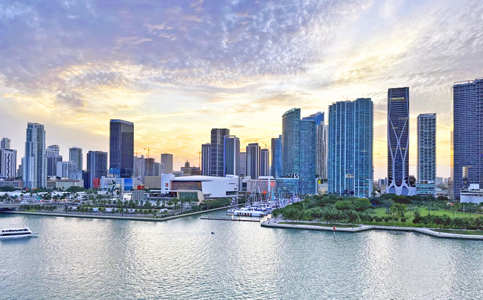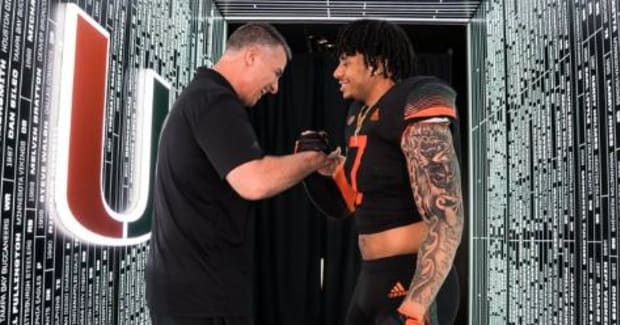Miami marching toward powerful inspector general office

Advertisement

Miami is drafting the duties of an independent inspector general to combat government corruption and fraud, with the proposal to be decided on by voters in the August elections.
Today (4/25), the Miami City Commission is to review legislation outlining the qualifications, term limits and powers of the proposed Office of the Independent Inspector General. If passed by the commission, residents will approve or reject the amendment to the city’s charter during the Aug. 20 primary.
On Jan. 11, Miami commissioners voted unanimously to place a referendum on the August ballot asking voters if they wish to replace the existing Office of the Independent Auditor General with a new entity with broader investigative powers.
According to the city charter, the auditor general’s office performs internal audit functions of government, officials and independent agencies, is led by a certified public accountant and ultimately reports its findings to the city commission.
Commissioner Manolo Reyes, who is sponsoring the ordinance, said Miami needs a structural change and a truly independent inspector general with authority to investigate alleged misconduct at any level of government.
The proposed office has a broader scope of duties than the current position and more power to investigate potential corruption cases. It would have the authority to issue subpoenas, requiring individuals to appear before it and provide answers as part of its investigations.
The office would have the authority to investigate city affairs and review past, present and proposed programs, accounts, records, contracts and transactions. It would be able to require reports from the mayor, city commissioners, manager, city agencies and bodies, officers and employees as well as any independent agencies with ties to the municipality.
The inspector general could audit, investigate and oversee the city’s procurements including project design, establishment of bid specifications, bid submittals, activities of contractors, its officers, agents and employees, lobbyists, city staff and elected officials to ensure compliance with contract specifications and detect corruption and fraud.
The inspector general could recommend to the city commission whether a project, program, contract or transaction was necessary and whether it was financially and operationally efficient.
The office could also investigate any citizen’s sworn complaints regarding city programs, agencies, contracts, officials, or employees and be able to subpoena witnesses, administer oaths, and require the production of records, which the existing auditor general cannot do.
If the inspector general detected corruption or fraud, the office would have to notify the appropriate law enforcement agencies and assist in the investigation. If a violation of the Miami-Dade Code of Ethics was detected, a complaint would have to be filed with the Miami-Dade Commission on Ethics and Public Trust.
Minimum qualifications for the job of inspector general would include at least 10 years in one or a combination of these roles:
■A federal, state or local law enforcement officer.
■A federal or state court judge.
■A federal, state or local government attorney.
■Progressive supervisory experience in an investigative public agency similar to an inspector general’s office.
Other qualifications would include managing and completing complex investigations involving allegations of fraud, theft, deception and conspiracy and demonstrating the ability to work with local, state and federal law enforcement agencies and the judiciary. The applicant would also need broad experience in auditing, accounting and management as well as a four-year degree from an accredited institution of higher learning.
An Ad Hoc Inspector General Selection Committee would appoint the inspector general to a four-year term with approval from a majority of the city commission.
The selection committee’s five members would include the state attorney and public defender of the Eleventh Judicial Circuit Court for Miami-Dade, the chairperson of the Miami-Dade Commission on Ethics and Public Trust, the president of the Miami-Dade Police Chief’s Association and the special agent in charge of the Miami Field Office of the Florida Department of Law Enforcement. The members could assign designee to their positions.
With the commission’s approval of the ordinance today, the ballot language would be submitted to the Miami-Dade County Supervisor of Elections to be included in the August primary.


